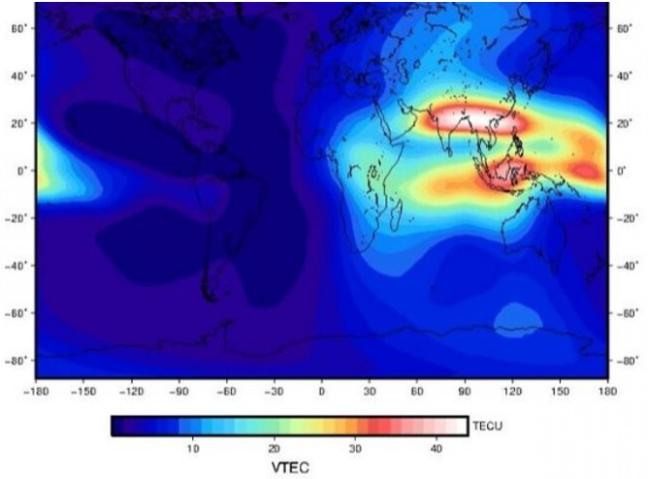The European Global Navigation Satellite System Agency (GSA) distributes under the EUPL-1.2 licence its NeQuick G algorithm. This complex program is the result of intensive recoding by engineers at the EU’s Joint Research Centre.
What problem?
Why is such software so important? The problem is that Galileo navigation signals travelling through the ionosphere can be significantly delayed by the electrical charges in this atmospheric layer before reaching the end-users’ terminal. To compensate this perturbation in the signal, Galileo receivers integrate a dynamic model of the ionosphere composition known as the NeQuick G model. Receiver manufacturers will now be able to benefit from an open version of the NeQuick G correction algorithm that implements a new coding approach.
Rigorous testing
The JRC concluded its work recently after successful rigorous testing in the framework of the gLAB tool (GNSS software suite from the Universitat Politecnica de Catalunya). This version of the code has been designed to be highly modular, rendering it more legible for a potential programmer with no specific knowledge about signal propagation in the ionosphere. A library has been also developed to enable its quick integration into existing applications.
EUPL distribution
As from 11 December 2019, the NeQuick G software is released as free and open source software under the terms of the European Union Public Licence, version 1.2 (EUPL-1.2). The open-source code is now ready to be implemented on single-frequency platforms and can be used on a global scale without limitation under the EUPL. This freedom should contribute to a wider adoption of the NeQuick G model at user level.
This open version of the NeQuick G code is available for download on the GSA Service Centre website. You can register on the site here, and then download the software here.

Global ionospheric map calculated with NeQuick G for the 18 09 2019 at 07 UT (DOY 261, 2019).
For more information:
- https://www.gsa.europa.eu/newsroom/news/nequick-g-code-available-download
- The GSA website http://www.gsa.europa.eu.

